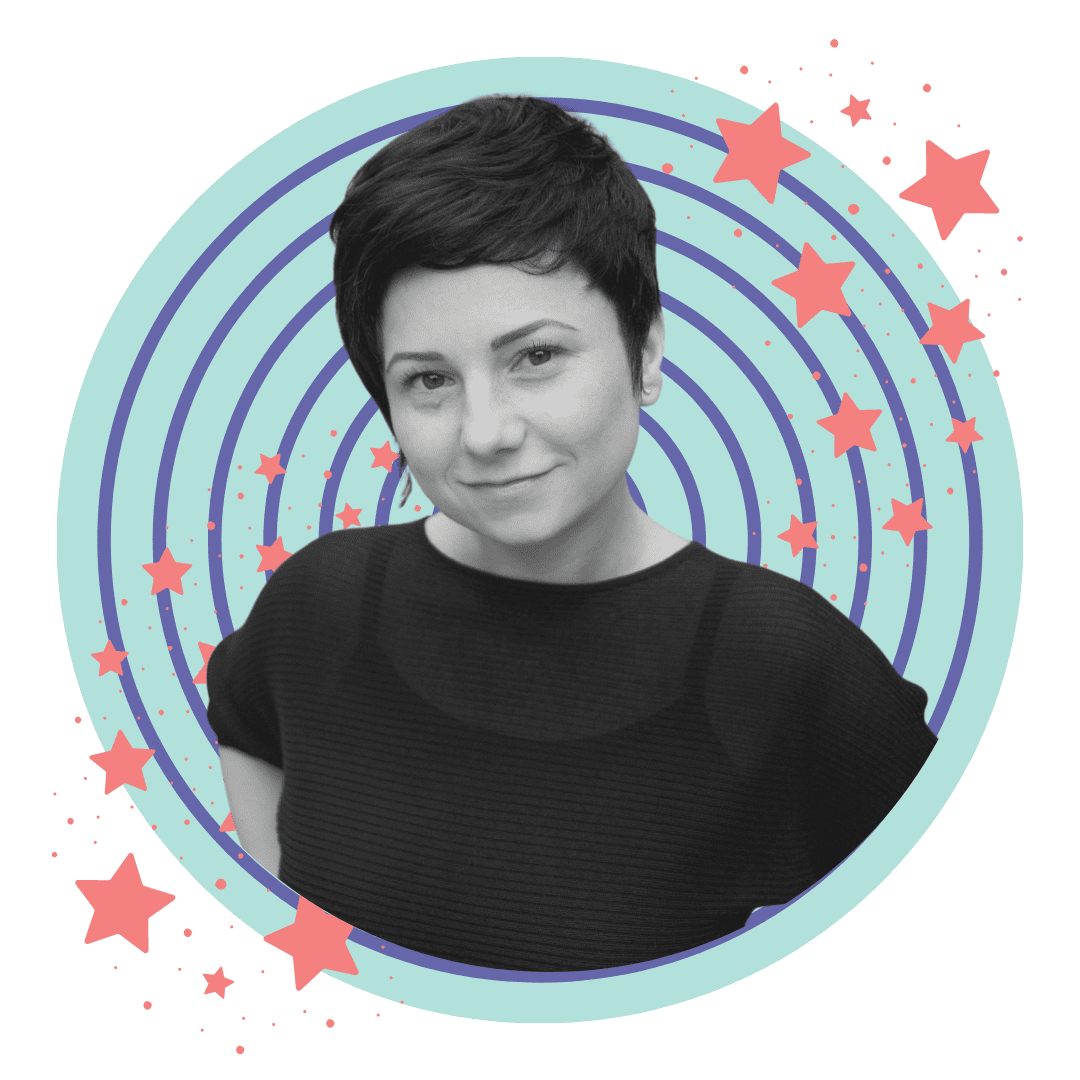So, what do you think? Does massage really make babies smarter?
That may sound like a pretty bold statement, but it’s true. When babies are born, they have billions of neurons, nearly twice as many neurons as adults. Many of these neurons are not yet connected.
New experiences help make these critical neurological connections, so we should always try our best to consider these experiences wisely.
A baby’s brain is twice as active as an adult’s brain, with most brain growth and development occurring after birth, particularly in the higher regions, which control emotions, language, and abstract thought.
The first three years are of particular significance.
In early childhood, the brain is genetically programmed to produce more synapses (point of connection between two nerve cells) than it will ever use. Think of all of these amazing brains developing so rapidly with consolidated potential in the first three years.
By age three, the amount of stimulation a baby has received will dictate the amount of growth in each region of the brain.
Sensory stimulation provides the foundation for learning.
Infant touch therapy stimulates the nervous system and, more specifically, the vagus nerve, connecting the brain with essential body areas.
Among the many benefits of using a routine of tactile stimulation, babies may experience improvements in language development and myelination (the change or maturation of specific nerve cells whereby a layer of myelin forms around the axons, allowing nerve impulses to travel faster) of the nervous system. Some research even suggests that children who receive more attention and care at home have higher IQs.
Specific massage and movement techniques may help strengthen a brain structure called the Corpus callosum, a thick band of nervous tissue that connects the right and left hemispheres of the brain, allowing both sides of the brain to communicate and share information.
Scientists suggest that it is critical to increasing the communication between these two hemispheres to improve focus, concentration, and optimum brain growth.
The type, quality, and frequency of sensory stimulation little ones receive directly affect how many synapses form, become stronger, and ultimately permanent.
The development of the brain will keep the synapses that are used and lose those that are not. Reinforcing the old theory, “Use it, or lose it.”
Three Key Takeaways
★ Every sensory experience helps shape a baby’s brain.
★ The development of the brain is reflected based on the baby’s experiences.
★ Repetitive, consistent, predictable, and nurturing experiences promote healthy brain development.
Creating an enriching environment that includes nurturing, attention, multisensory experiences, and touch therapy will enable essential brain growth and development.

